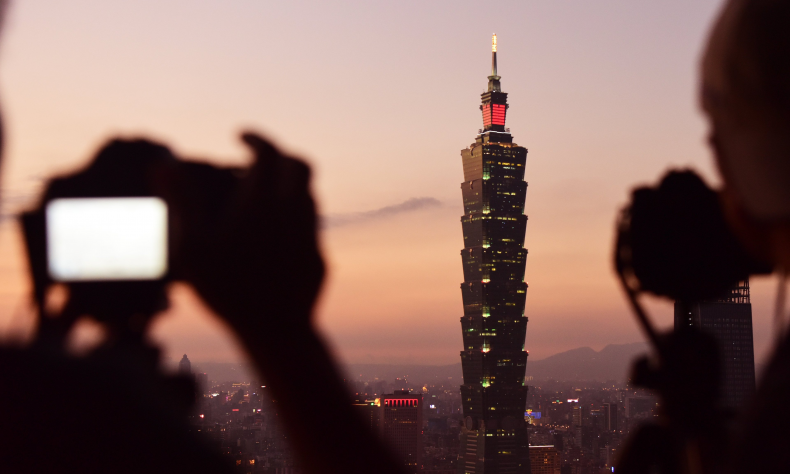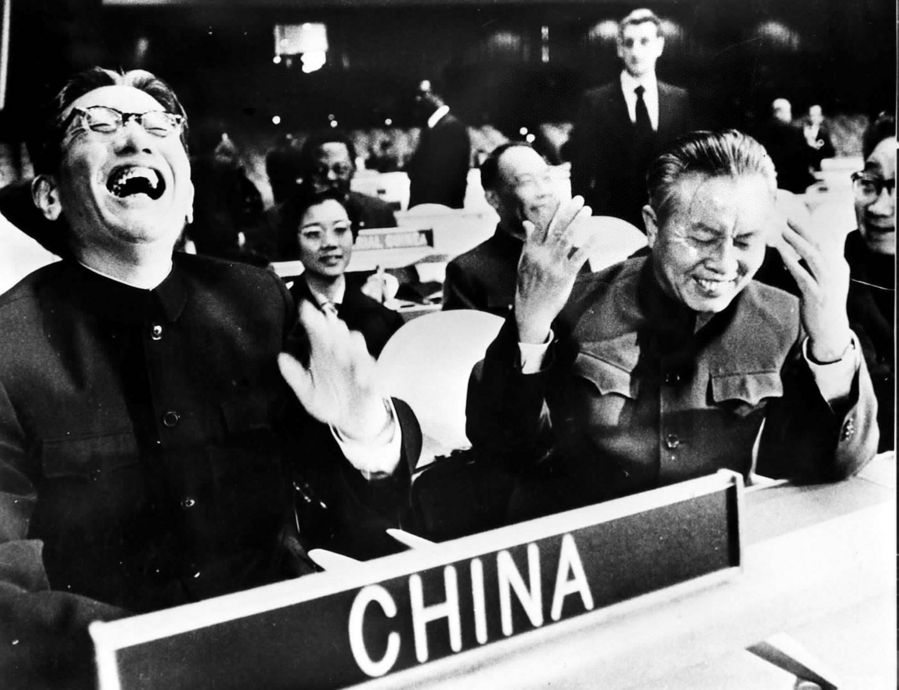Unfounded Call for Taiwan’s UN Representation

The so-called ‘Taiwan representation’ issue hyped up by some media organizations and countries is their attempt to create the ‘two Chinas’ or ‘one China, one Taiwan’ discourse.
The recent hype of Taiwan’s “meaningful participation” in the UN system by some Western politicians and media organizations echoed related claims made by pro-independence elements in the Chinese island province. However, this issue was factually put to rest in 1971 with the UN General Assembly’s adoption of Resolution 2758.
A closer look at this defining chapter in history might give us some better insights.
The UN was established in 1945 after the world gained victory in its battle against fascism. During the Chinese People’s War of Resistance Against Japanese Aggression (1931-45), an important part of World War II, over 35 million Chinese civilians and soldiers lost their lives. As an advocate and founding member of the UN, China participated in a series of global meetings discussing the organization’s establishment, such as the Dumbarton Oaks Conference in 1944, and became the first country to sign the UN Charter as well as one of the five permanent members of the UN Security Council.
The Communist Party of China led the Chinese people to found the People’s Republic of China (PRC) on October 1, 1949. This put an end to the Kuomintang’s rule on the mainland with the Kuomintang-led authorities retreating to Taiwan.
Zhou Enlai, then Premier and Foreign Minister of the PRC, sent telegrams to both UN secretaries general and presidents of the UN General Assembly, saying that the government of the PRC is the sole legal government representing the Chinese people. Zhou called for the expulsion of the illegal representative of the Kuomintang authorities that could in no way represent China and demanded that the representative of the government of the PRC participate in the work of the UN. However, due to U.S. objections, China’s UN seat was occupied by the Kuomintang authorities in Taiwan, and the PRC remained on the outskirts of the international body for a long time.

The government of the PRC went on to exert relentless energies to regain China’s lawful seat in the UN, receiving the support of most developing countries as well as that of many European and Latin American countries.
In 1971, the PRC’s legal UN status was finally resumed when the 26th Session of the General Assembly passed Resolution 2758 with an overwhelming majority of votes (76 votes for, 35 votes against and 17 abstentions). The resolution read that as of its becoming effective, it would restore all of China’s rights to the PRC, recognize the representatives of the PRC Government as the only legitimate representatives of China to the UN, and expel the representatives of Taiwan authorities from the place they unlawfully occupied at the UN and all the organizations related to it.
The resolution resolved the issue of China’s representation at the UN politically, legally and procedurally. As it referred to the PRC’s replacement of the so-called Republic of China led by the Kuomintang to represent China in the UN, it did not concern the admission of new members to the UN, the suspension of the rights and privileges of membership, the expulsion of members, which are important questions that “shall be made by a two thirds majority of the members present and voting,” according to the UN Charter. As it doesn’t fall under the aforesaid categories, the resolution did not require a two thirds majority. Its legality is therefore basic and binding.
The so-called “Taiwan representation” issue hyped up by some media organizations and countries is their attempt to create the “two Chinas” or “one China, one Taiwan” discourse, marking a blatant provocation from the “Taiwan independence” forces and obviously violating the authority of Resolution 2758 as well as the rudimentary norms of international relations.
The author is a professor at China Foreign Affairs University.
 Facebook
Facebook
 Twitter
Twitter
 Linkedin
Linkedin
 Google +
Google +










